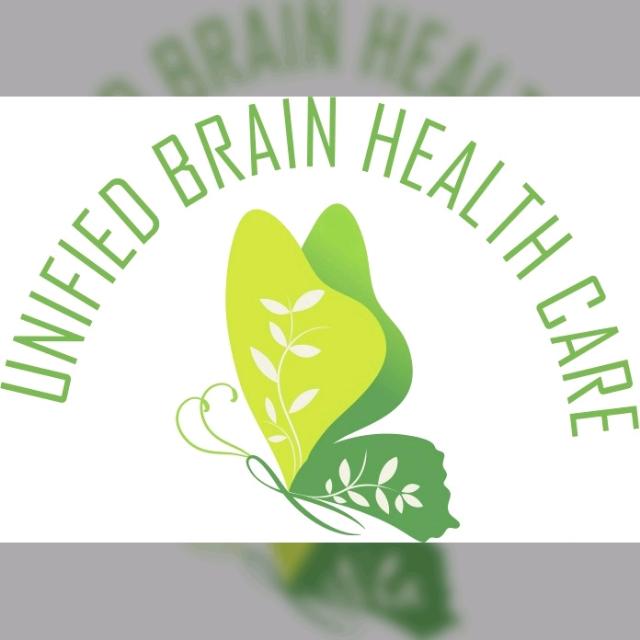Healing the mind after a stroke
- Unified Brain Health Care

- Mar 3, 2021
- 3 min read
Updated: Oct 27, 2023
Dr. Porrselvi A.P., Founder and Cognitive Neuropsychologist, Unified Brain Health Care
First Appeared On: https://www.patientsengage.com/conditions/healing-mind-after-stroke

What happens in a stroke Stroke or Cerebro Vascular Accident (CVA) happens when there is either a block in the supply of blood to an area of the brain or when there is bleeding within the brain tissue. When this happens, areas of the brain do not receive sufficient amount of blood and nutrients they require and are damaged. Some parts of the brain are partially damaged and maybe more damaged. Depending on how quickly medical management of the stroke was done, the amount of brain tissue that undergoes damage varies.
How does stroke impact the mind and behaviour? 35% to 60% of stroke survivors experience cognitive impairment with impairments in concentration, slowness of the mind, memory, planning and doing things, perception, communication and language. Mood disturbances, like depression and anxiety disorders, are common post-stroke. On an average, one-third of stroke survivors develop clinical depression with higher risk if the stroke was on the left side of the brain. And often the person does not have an awareness or insight of their problems and illness. The cognitive and psychological sequelae of stroke are determined by the area of the brain damaged as well as the extent of damage.
How soon should a patient be screened for cognitive and mood disturbances?
It is ideal to be screened for cognitive and mood disturbances within 6 weeks post-stroke. Assessment of cognition and mood can help in identifying the problems that the person might have. Raise your concerns with your doctor. Do not just brush it aside as growing old or as just another post- stroke symptom. The specialist can then plan appropriate rehabilitation to improve the rate of recovery of the brain tissue while also helping the person become as functionally independent as possible to help them maintain optimal levels of self-esteem and decreasing caregiver stress and burden. Rehabilitation also facilitates maximum psychosocial coping and adaptation by the patient and family and prevents secondary disability by enhancing the quality of life of the person.
Stroke increases the risk for vascular dementia and it is important to keep note of any cognitive, emotional or behavioural changes in the person over time and consult the doctor if and when it happens (this may take years).
It is important to remember that each stroke and each stroke survivor is unique and so many factors influence the rate and extent of recovery post-stroke. It is normal to feel challenged during the process of recovery from stroke. It is important to diligently stick to the rehabilitation plan and follow up regularly with your doctor.
How soon should you start rehabilitation therapies? As early as possible as most of the recovery post-stroke takes place in the first three months. Spontaneous recovery of many deficits seen at onset of the stroke may happen in the acute (within 1 week to 1 month) and sub-acute (within 3- 6 months) stages post-stroke. Little recovery happens after 6 months. So it is important to focus maximum rehabilitative intervention immediately after medical stabilisation of the person, as early as in the acute stage. New research shows that recovery may continue over a longer period of time than previously thought, sometimes even after 2 years post-stroke. However, early intervention still holds the key to success in rehabilitation.
Contact Us or Book an Appointment with our Cognitive Neuropsychologist as early as possible if you or someone you know is showing symptoms of mood or behaviour changes after a stroke.
Unified Brain Health Care is one of a kind integrated Neuro Rehabilitation Centre in Chennai for adults and children offering in person and online therapy in Cognitive Neuropsychology, Clinical Psychology, Psychiatry, Speech Therapy, Physiotherapy, Occupational Therapy, Clinical Nutrition, Career Counselling, Fitness Coaching and Educational Intervention. We also offer Family and Marriage Counselling, help for PCOS, care during pregnancy, post-pregnancy care for new moms, infant and early childhood stimulation, infant and young child nutrition, care for caregivers and promote holistic brain health.
.png)


